By Charles’ Family
Hello to all. I am Charles Jr, the father of CdLS warrior Charles III, aka C3.
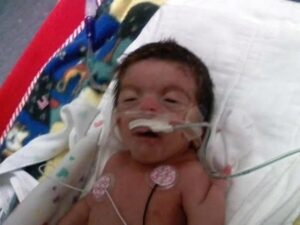
C3 was born 8 weeks early via emergency c-section in Tulsa, Oklahoma. In his first two months of life, he had various complications, but the major battle was with GERD. He could not keep food down at all. He would start struggling to breathe, retch, and/or dump. This continued until we switched to a nondairy formula, started pump feeds, AND had his first fundo. He stayed in the NICU for a month before going to a less intensive unit.
The diagnosis of Charles was an interesting experience.
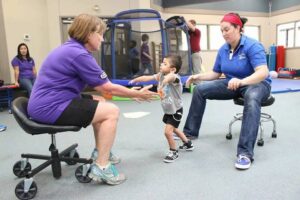
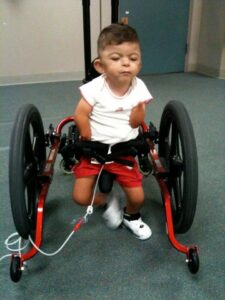
The day of his birth it was obvious that something was not right because of his upper limb abnormalities, but no one could give us any specific information. A few days go by, and he comes and tells us that he thinks he knows what he has, but he was not comfortable saying it until he had another doctor confirm. We waited day after day for the doctor to return with some information, but week after week, we got nothing. About two months in, we were going about the day as normal, and an elderly doctor walked into the room and introduced himself. He walked over to Charles, looked at him, and said he has Cornelia de Lange syndrome. He turned around, walked out of the room, and I never saw him again. Within the week, we saw the regular doctor for the second or third time since we had been there. He told us the diagnosis was confirmed and brought us some printouts about CdLS. That night, I didn’t sleep and researched everything I could.
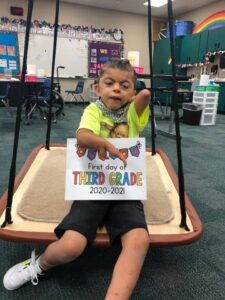
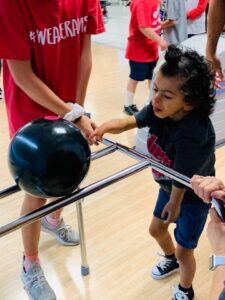
That’s when my CdLS journey began.
I looked into anything he could experience or anything I could do to make his life more comfortable. That’s when I ran across cdlsusa.org. The website had all the information I could look for, so much so that it was overwhelming. I saw the advertisement for a conference in Dallas that was a few months away. Believing he would be released by then, I signed up to attend. We made the conference and were able to connect with other families and the CdLS medical team.
Those connections helped us make various medical decisions over the next few years that stabilized his life tremendously.
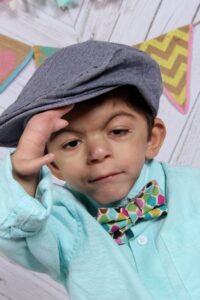
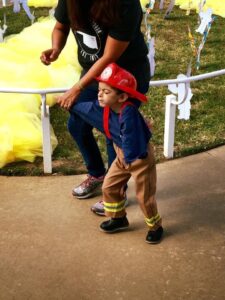
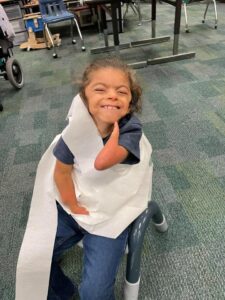
At 2 years old, he started at an early intervention school for children with disabilities called The Little LightHouse. This was the best thing that happened to him and me. They taught C3 how to walk, play, communicate, and learn and introduced him to eating by mouth. His five years there taught him everything he needed to know to make a successful transfer to elementary school.
Once in elementary his personality began to blossom and he was able to showcase all the knowledge he had.
He started using an iPad for some communication and participated in the Special Olympics. He enjoyed the buddy walk race, where he won most of his metals, but my favorite was his bowling. The competition was harder, but his grandfather and I bowled, so it was fun watching the hobby get passed down.
C3 is now 14 and in the 6th grade. He is an active walker who loves listening to music. He is caring, funny, intelligent, assertive, sweet and a cuddle bug. He enjoys car rides, eating and rough housing with his sister who is a college wrestler. He is in weekly ABA therapy where we are working on identifying items, body parts and emotions. When this is done he can start learning how to put sentences together.
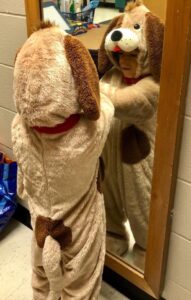
With time and his determination, I think we will be putting sentences together before the end of the year.
To any parent going through any part of the CdLS journey, from discovering the diagnosis to caring for an individual, I’d suggest three things:
1. Use the Foundation website like Google.
Any questions you may have can probably be answered. There is an Ask the Doctor section that can also help with questions and specific situations you may encounter. The site will also give you pointers that can help prevent issues that will/may occur with your loved one.
2. Try to attend a visit to the Children’s Hospital of Philadelphia (CHOP).
Meeting the gene discovery team and other doctors specializing in learning all things Cornelia deLange will put you ahead or on the right path in many areas. They get to see your loved one, get detailed information from you, and advise you on the next steps to try/focus on.
3. Trust your instincts. Trust your gut.
Many things can be figured out using the basic information that you would use for any able-bodied child. That will help decrease stress and make abnormal situations stand out more. Although there will be syndrome-specific issues that you have to deal with on the way, you will still need to trust yourself. You know your loved one the best, so you will have to advocate for them at doctor’s appointments, school meetings, and therapy sessions.
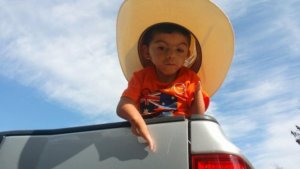
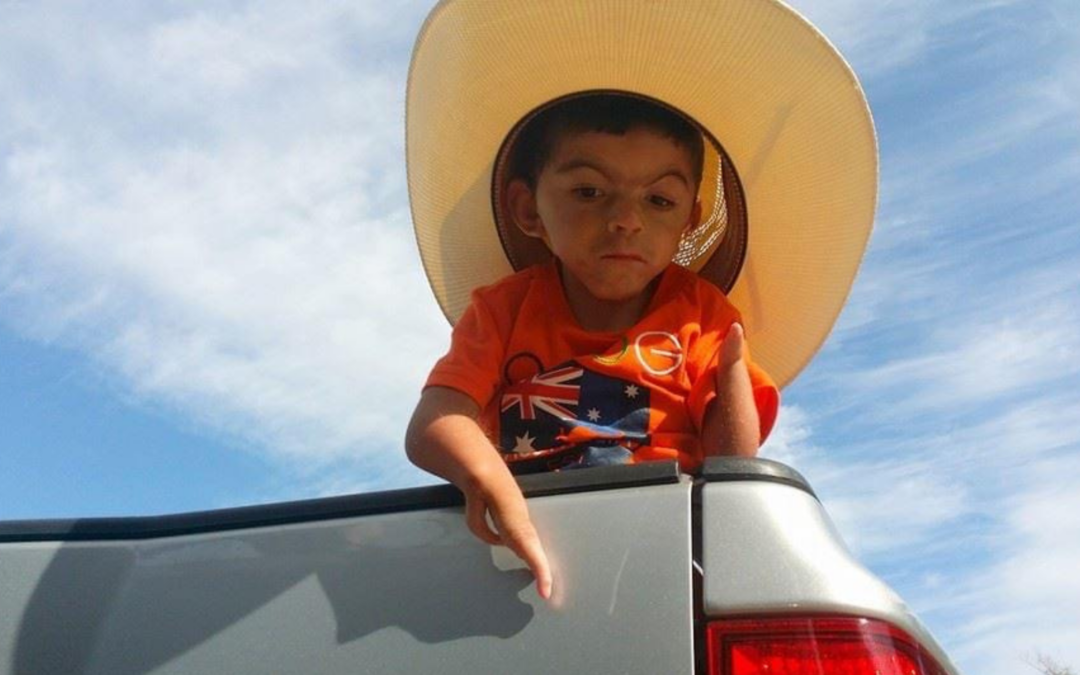
Recent Comments